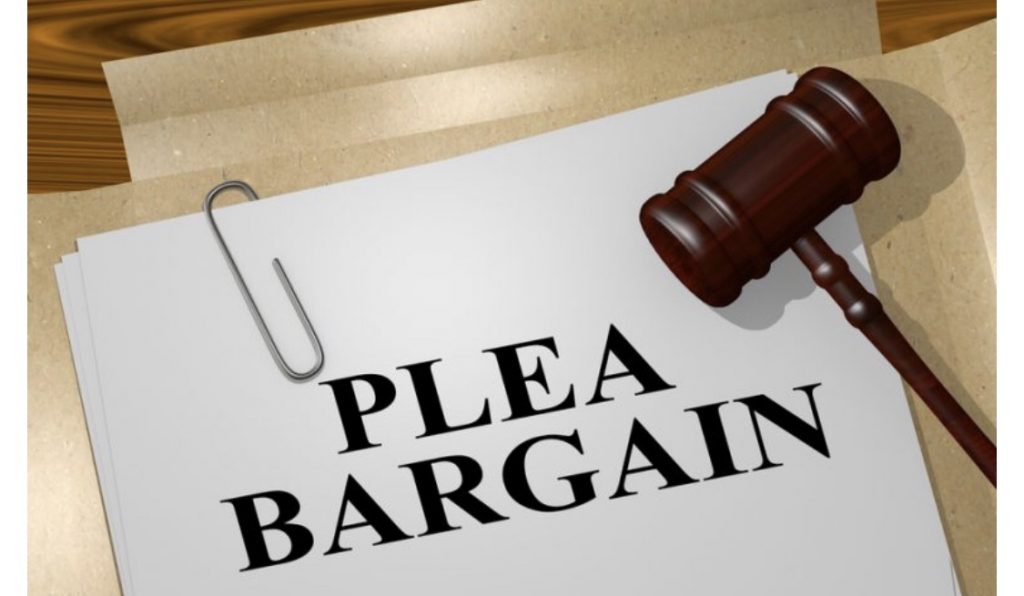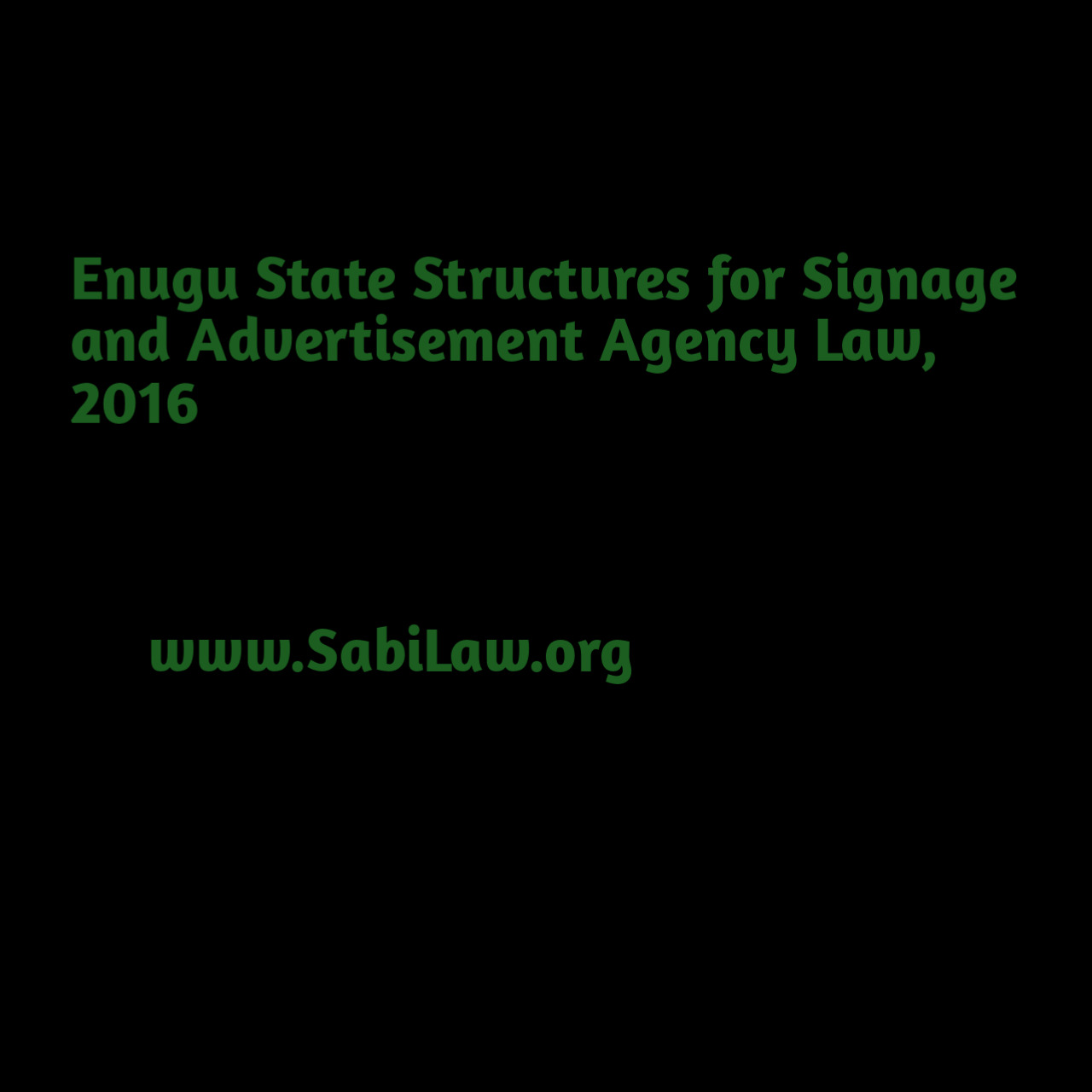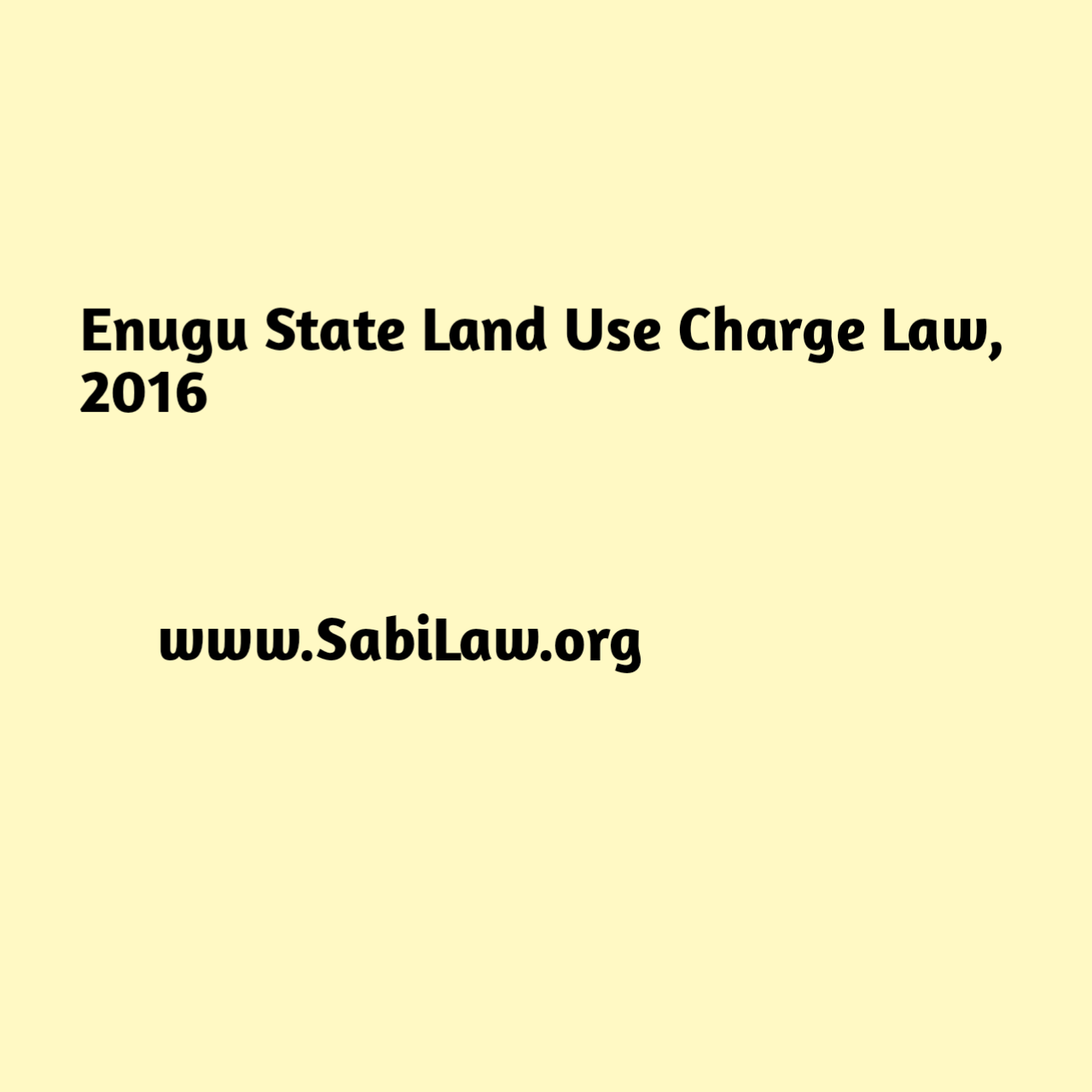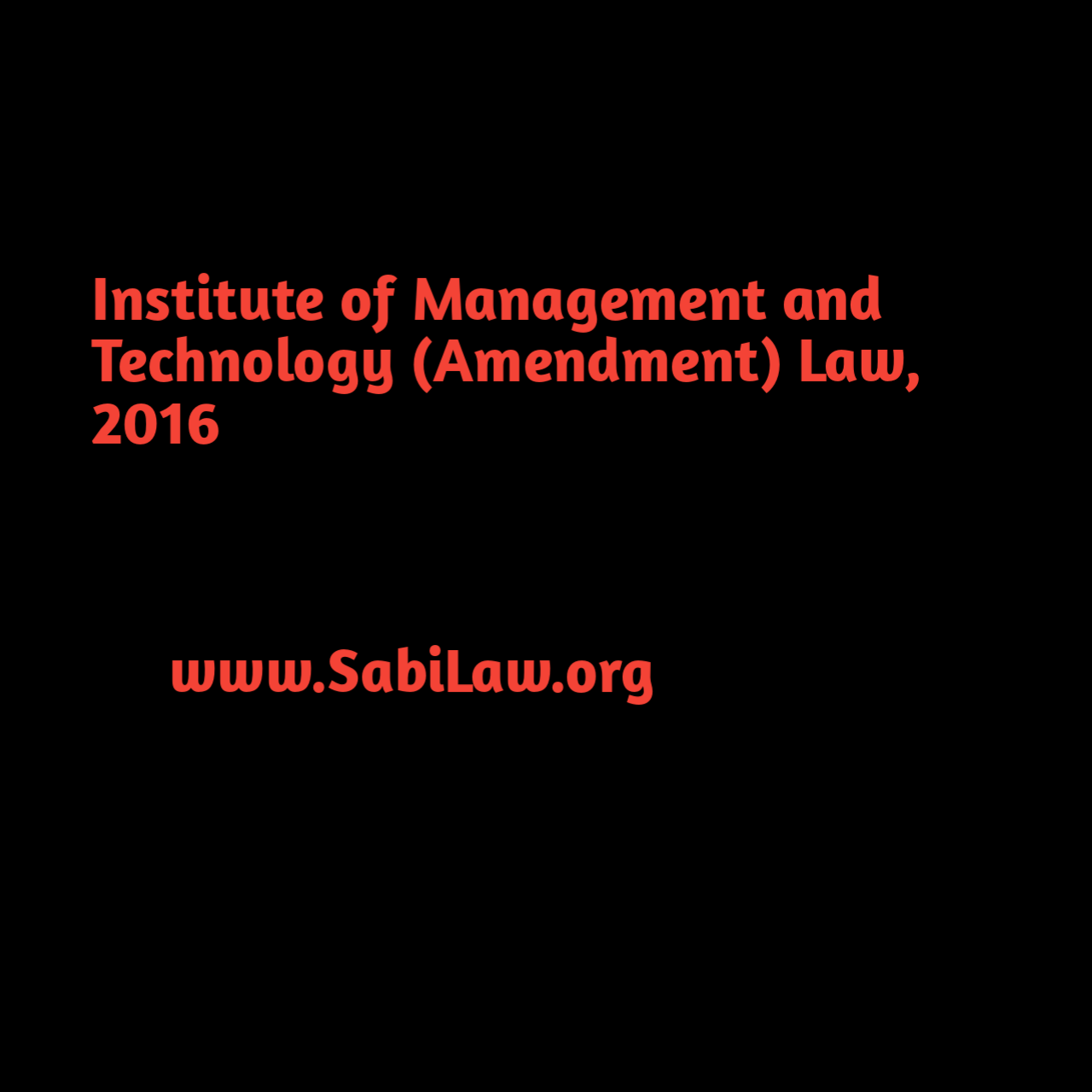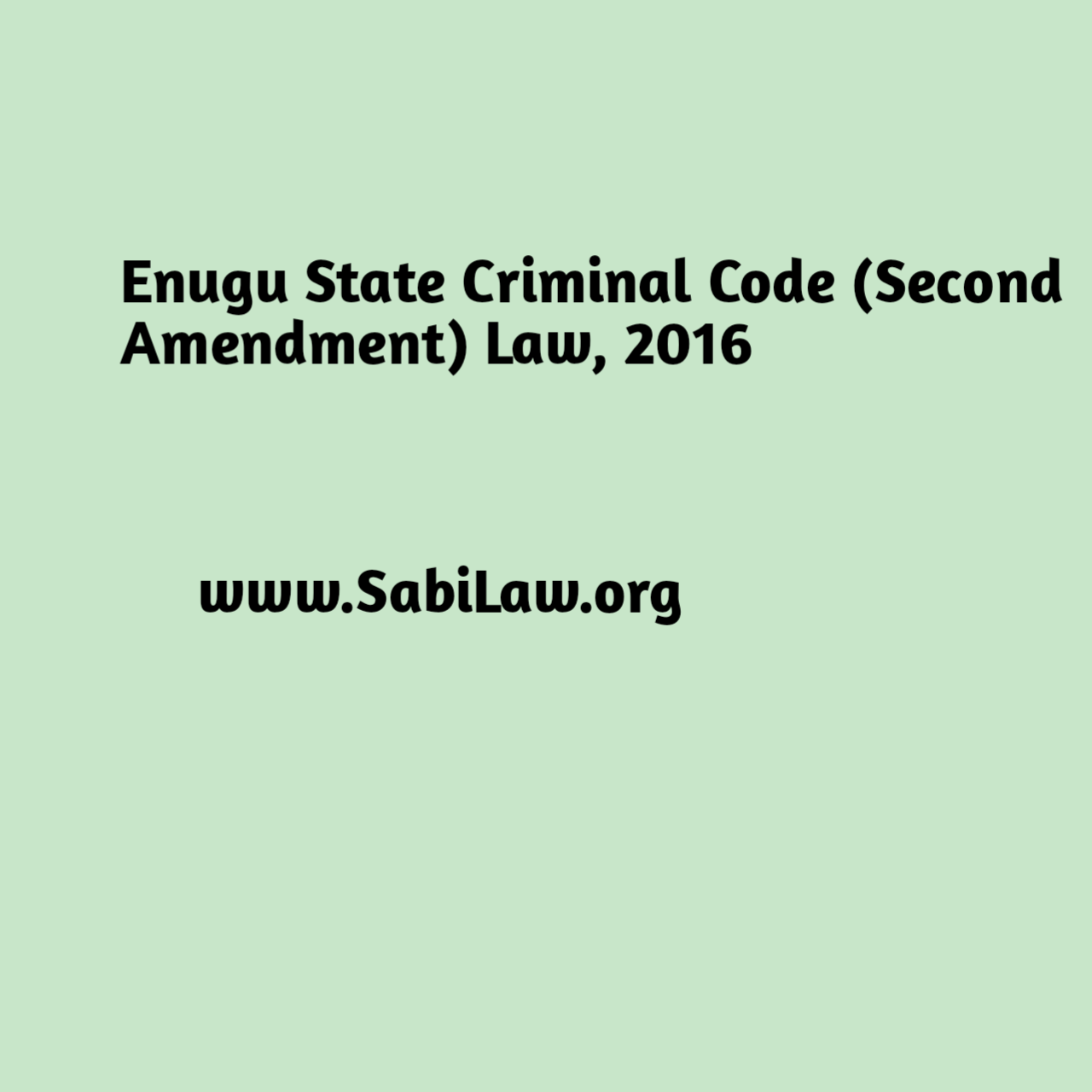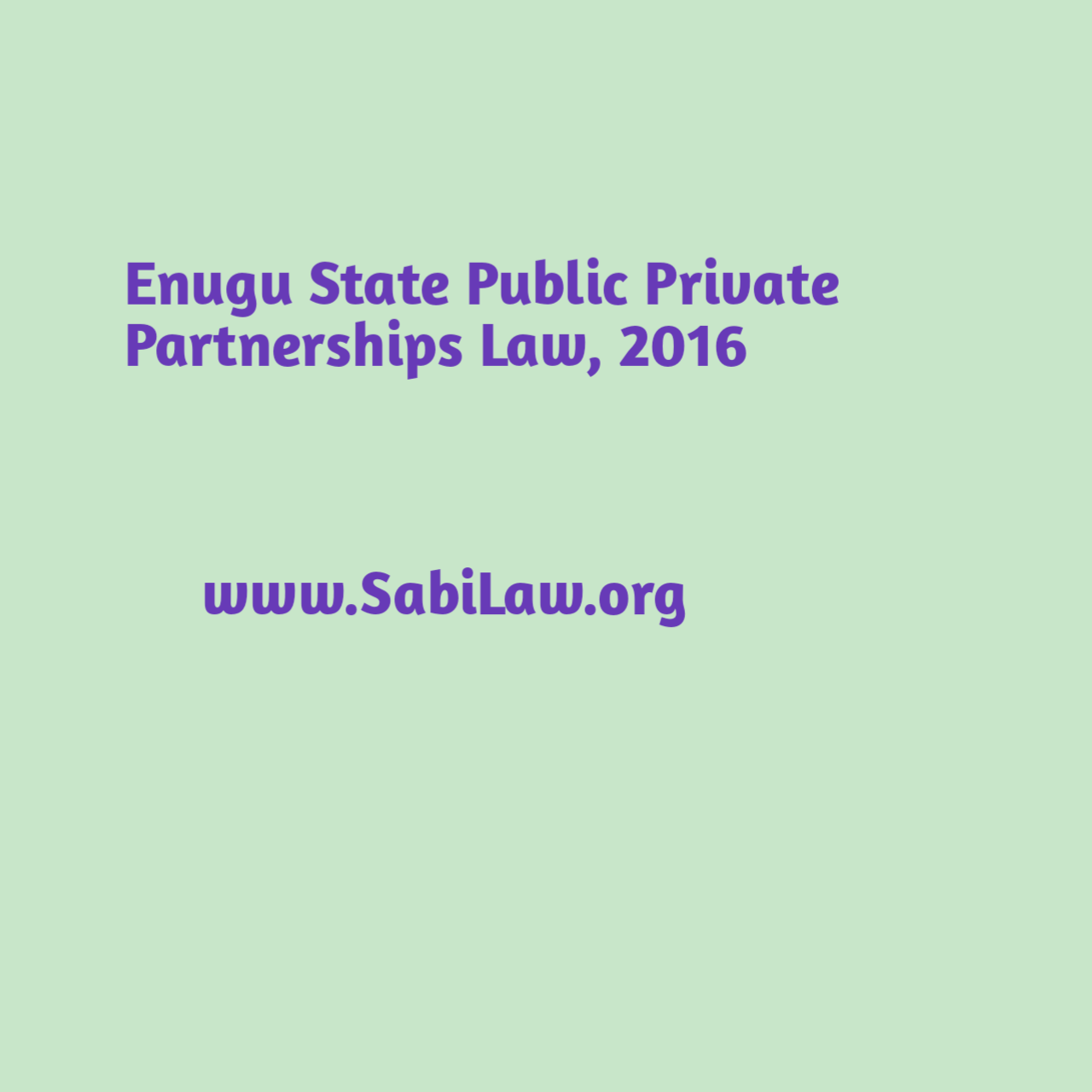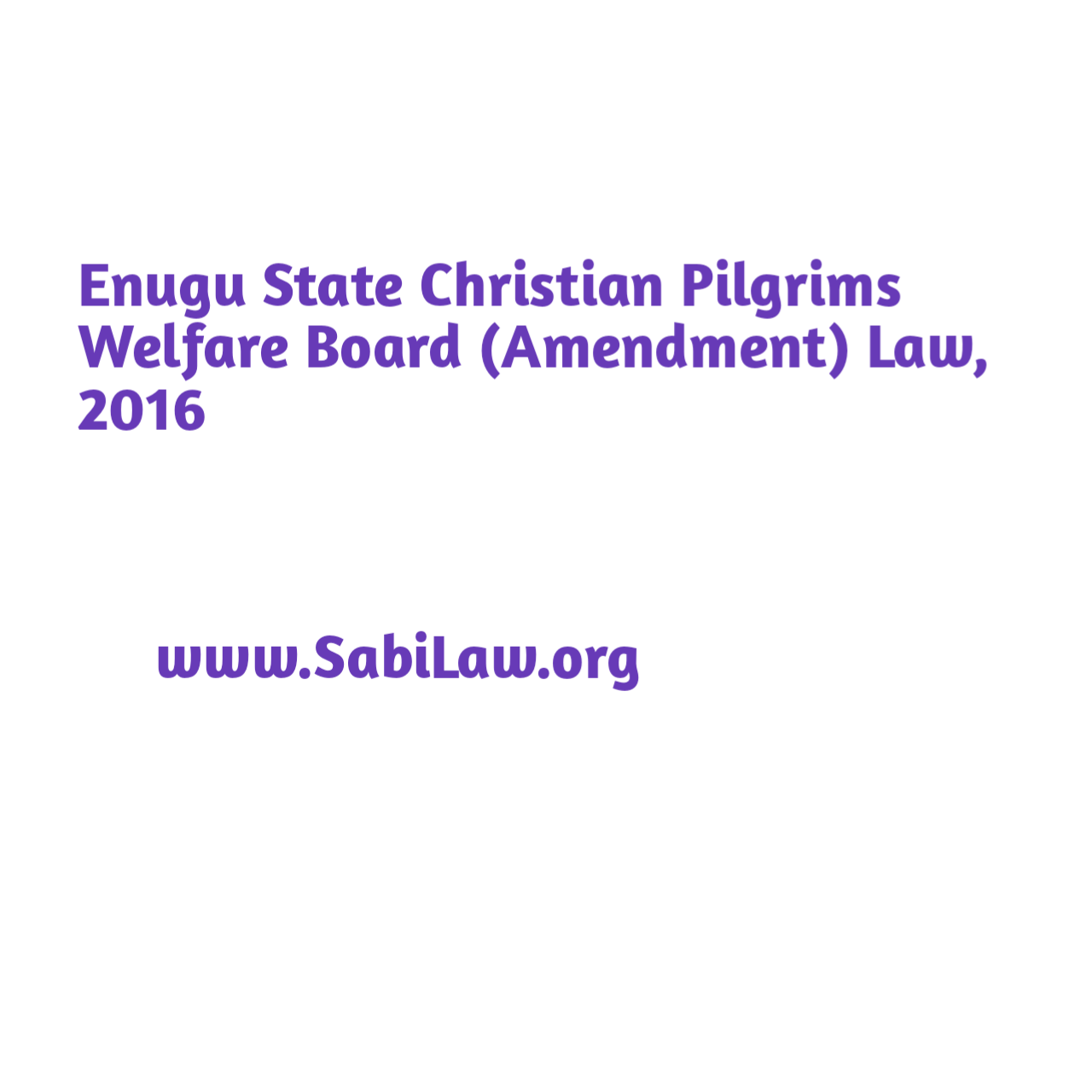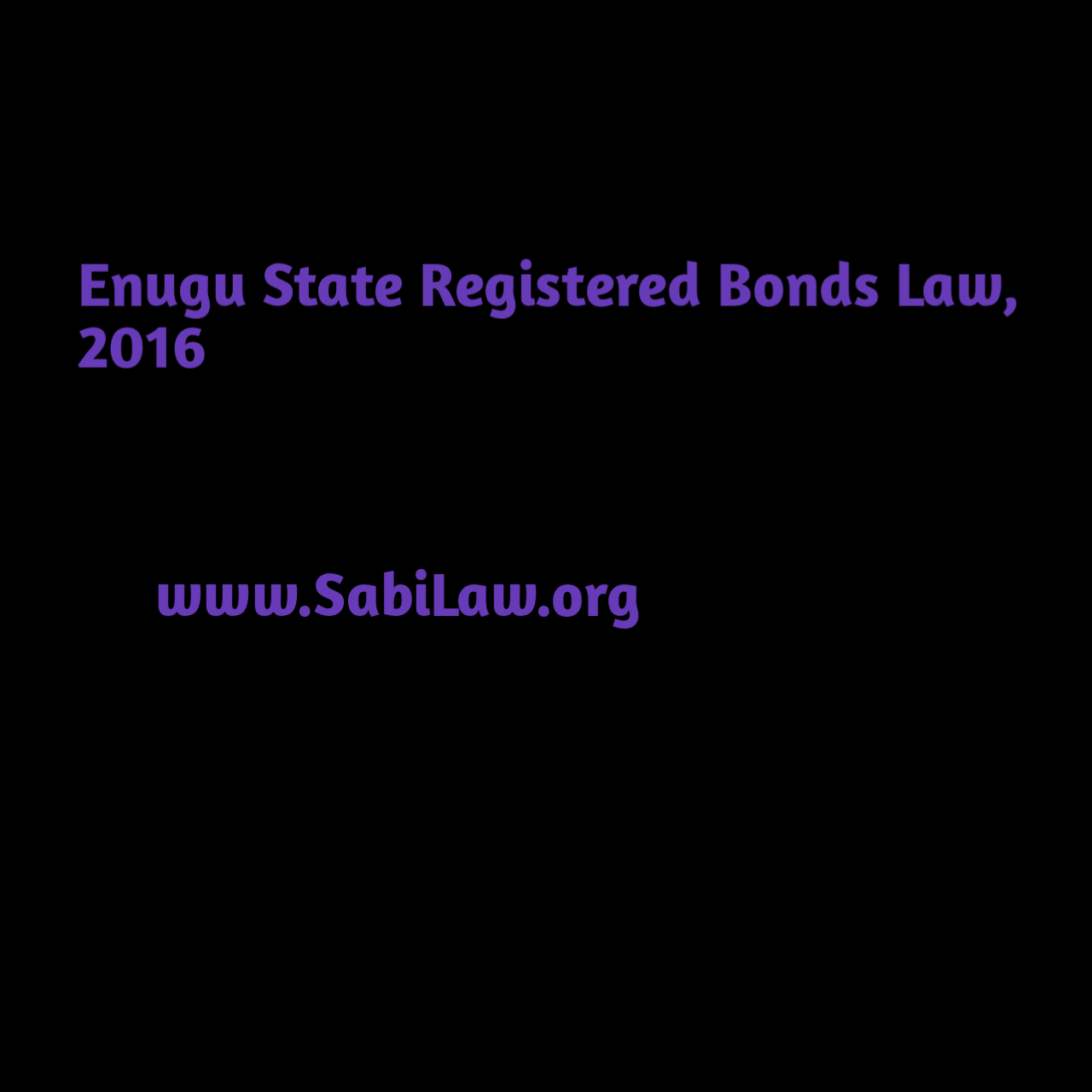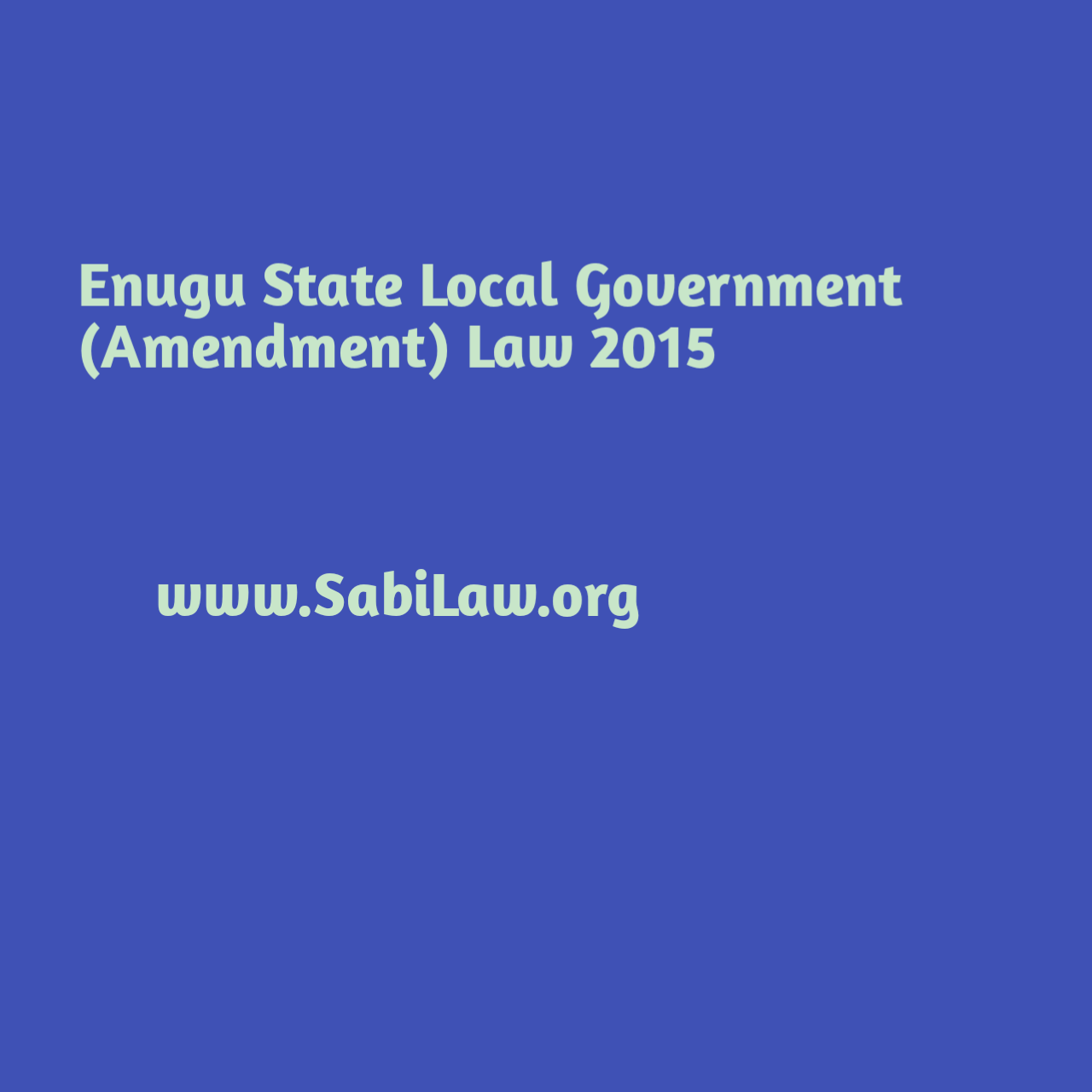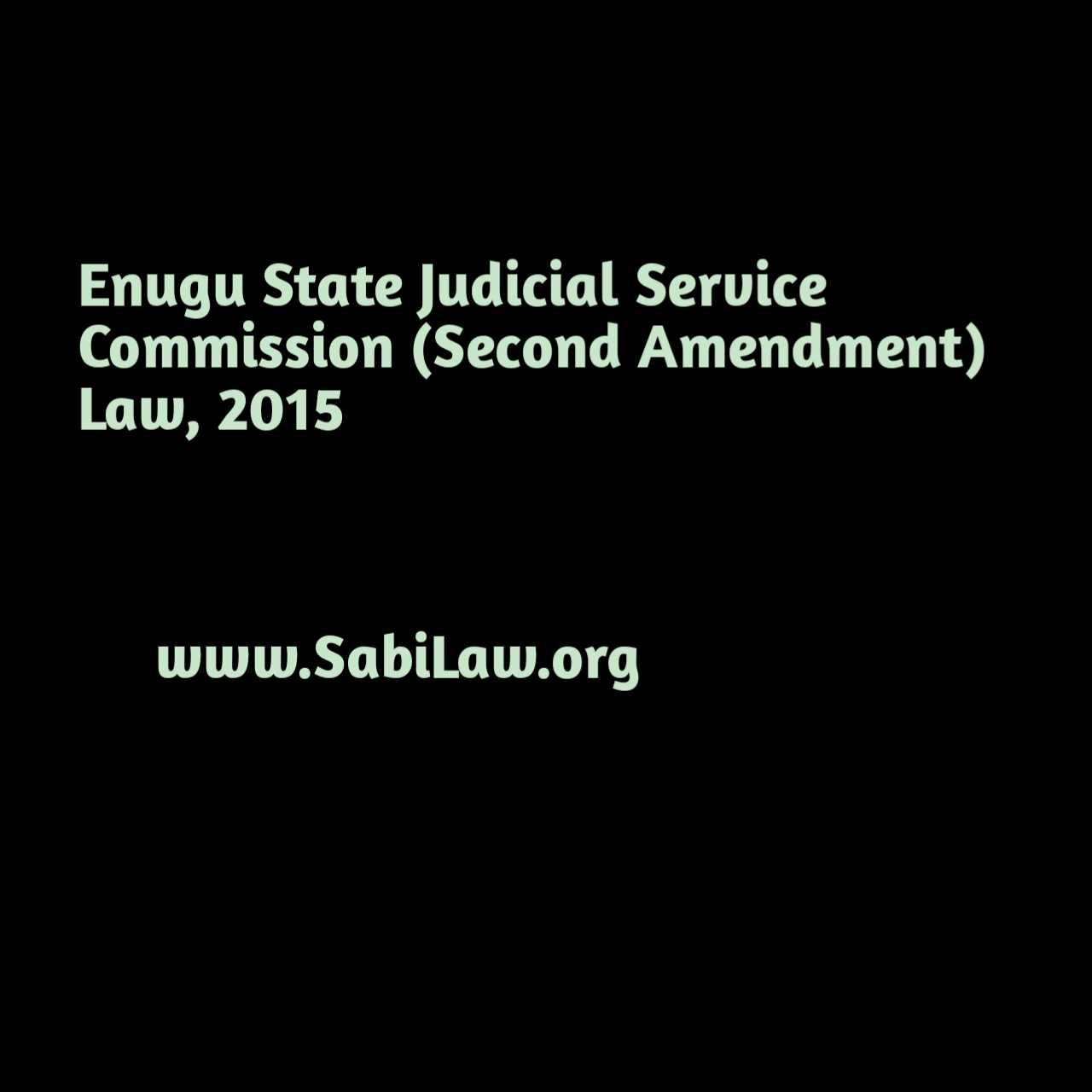Why You Should Refuse Plea Bargain. Daily Law Tips (Tip 699) by Onyekachi Umah, Esq., LL.M, ACIArb(UK)
Introduction:
In Nigeria, a suspect/defendant is assumed to be innocent, until proven otherwise by his prosecutor. Where a person is suspected of any crime, the person is to be charged to court and prosecuted. It is the duty of a court to do justice by finding the defendant to be guilty or not guilty, based on evidence presented before the court.
In some circumstances, a defendant may admit to a crime in order for the defendant to be issued a lesser punishment than he would have obtained, if the defendant had gone to full trial; this is Plea Bargain. While this legal abracadabra (magic) may appear harmless and attractive, there are serious reasons a suspect/defendant should avoid plea bargain. This work reveals reasons a suspect/defendant should avoid and refuse plea bargain from any law enforcement agency in Nigeria.
Purpose of Plea Bargain:
The highest court in Nigeria is the Supreme Court of Nigeria. There is no better place to obtain the definition or purpose of any legal invention, than from the Supreme Court f Nigeria. Hence, I will quote the words of the apex court on the purpose of Plea Bargain and I will add nothing more to it.
“The main purpose of criminal trial is to ensure that a person, who has chosen to break any aspect of the criminal law, is not left to go scot free and for this reason, the prosecution has to establish the guilt of an accused person beyond reasonable doubt to pave the way for his punishment by law. The concept of plea bargain has in no way, derogated from the purpose or objective of criminal prosecution, given the fact that before an accused can benefit from the arrangement, the accused in question must plead guilty to some form of offence and, of course, be convicted for what he has pleaded guilty to.”
Rise In Plea Bargain:
Like most government incentives in Nigeria, plea bargain started as an exclusive backdoor for only wealthy persons or politically exposed persons in Nigeria. Plea Bargain is often perceived as the exclusive freedom backdoor for wealthy corrupt persons left open by a corrupt system, since it was employed rarely in non-financial crimes (not just in all financial crimes but financial crimes involving high figures and high-profile offenders).
Recently, there seems to be a rise in plea bargain, especially in the Economic and Financial Crimes Commission (EFCC). While many scholars argue the propriety of plea bargain, it is also argued that plea bargain saves time and resources that would have been spent on court trials.
By the way, it is important that mention that plea bargain increases the number of convictions secured by EFCC. To the Judges, plea bargain reduces the busy court dockets and schedules. If judges are rated by the number of cases they complete within a given time, then plea bargain also aids judges to complete more cases timely.
Realities of Plea Bargain:
Plea Bargain turns a suspect/defendant into a CONVICT without the process of a full court trial. If being a convict matters to a suspect/defendant, then plea bargain must be dreaded. While most suspects/defendants focus on immediate freedom through plea bargain, plea bargain marks such persons with the limiting status of a convict.
In some circumstances where there is sufficient evidence against a suspect/defendant, and such a suspect/defendant has no good defence, plea bargain may be an option. Where a suspect/defendant is innocent, such a person should ensure that full court trial is employed, for at the end, justice must prevail. Although plea bargain saves a suspect/defendant, from the long agonizing and expensive years of court trials, it is not an option for innocent suspects/defendants.
The practice of cajoling suspects/defendants to accept plea bargain even where there is no sufficient evidence against such persons, is highly unprofessional and must be discouraged by all law enforcement agencies. Innocent suspects/defendants must be encouraged to stand up for full trial even where there may spend time in Correctional Centers (Prisons), instead of bowing to plea bargain as a shortcut to freedom.
Conclusion and Recommendation:
Plea bargain is part of criminal procedures and clearly provided for by several laws, including the innovative Administration of Criminal Justice Law of Lagos State, Economic and Financial Crimes Commission Act and the Administration of Criminal Justice Act, 2015. However, plea bargain is not a settlement out of court. It is not a scheme whereby suspects and defendants are forgiven of their crimes by merely returning the stolen items or paying fines.
Plea bargain is rather a legal process where a defendant admits to having committed all or parts of the crimes he/she is charged with and by this the person will be convicted by a court, where the court accepts the plea bargain. Plea Bargain cannot be approved by any law enforcement agency or agent, rather it is only a court of law that can after listening to a prosecutor and a defendant, accept or reject a plea bargain. So, for there to be a plea bargain, a suspect must be brought to court and charges read out to the suspect (now a defendant) for the defendant to accept or deny them (arraignment).
The part that plea bargain turns a defendant to a convict is often not advertised and made pronounced to defendants who seek plea bargain. Those who have no problem in being convicts and ex-convicts without a legal fight, should embrace plea bargain. Let the innocent and persons that wish to put up a legal fight, say no to plea bargain.
Prosecution (proving of crimes against a defendant) is the duty of law enforcement agencies, let them do their job. If a law enforcement agency has enough/sufficient evidence, let it prosecute, after all, it is illegal to offer plea bargain where there is sufficient evidence for the prosecution of a defendant
By the way, a defendant should never accept plea bargain without contacting a lawyer of his choice (lawyers provided by law enforcement agencies are often not suitable for this). It is the right of a suspect/defendant to talk, meet, engage and use ONLY lawyers of his own choice and not any lawyer provided by any law enforcement agency or listed by any law enforcement agency.
My authorities, are:
- Sections 1, 2, 3, 36, 318 and 319 of the Constitution of Federal Republic of Nigeria, 1999.
- Sections 270, 494 and 495 of the Administration of Criminal Justice Act 2015 and its equivalent in states across Nigeria.
- Sections 1, 2, 6, 7, 46 and 47 of the Economic and Financial Crimes Commission (Establishment) Act 2004. <https://www.imolin.org/imolin/amlid/data/nir/document/economic_&_financial_crimes_commission__establishment__act_2004.html> accessed 29 August 2020.
- The Supreme Court’s judgement on “Purpose of Criminal trial and the nature and scope of Plea Bargain” in the case of PML (SECURITIES) CO. LTD v. FRN (2018) LPELR-47993(SC).
- Onyekachi Umah, “What Is Plea Bargain, If Criminal Cases Cannot Be Settled Out Of Court?” (LearnNigerianLaws.com, 10 July 2020) <https://sabilaw.org/what-is-plea-bargain-if-criminal-cases-cannot-be-settled-out-of-court-daily-law-tips-tip-606-by-onyekachi-umah-esq-ll-m-aciarbuk/> accessed 17 November 2020.
- Hanibal Goitom, “Plea Bargining: Nigeria” (Library of Congress, 2019) <https://www.loc.gov/law/help/plea-bargaining/nigeria.php> accessed 29 August 2020, citing Ikechukwu Nnochiri, CJN Abolishes Plea Bargain, Vanguard (Nov. 16, 2011), https://perma.cc/C3TS-VMHV.
- The Stolen Assets Recovery Initiative, “ECONOMIC & FINANCIAL CRIMES COMMISSION, EFCC ON-GOING HIGH PROFILE CASES – 2007- 2010” (SARI) <https://star.worldbank.org/corruption-cases/sites/corruption-cases/files/documents/arw/Ibori_Nigeria_EFCC_High_Profile_Cases.pdf> accessed 29 August 2020.
- Onyekachi Umah, “The Minimum Financial Threshold for EFCC Cases.” (LearnNigerianLaws.com, 1 September 2020) <https://sabilaw.org/the-minimum-financial-threshold-for-efcc-cases/ > accessed 17 November 2020
#SabiLaw
#DailyLawTips
#SabiBusinessLaw
#SabiElectionLaws
#SabiHumanRights
#SabiLawOnBeatFm
#SabiLawLectureSeries
#CriminalJusticeMonday
#SabiLawVideoChallenge
Feel free to reach the author, ask questions or make inquiries on this topic or any other legal issues via onyekachi.umah@gmail.com or +2348037665878.
****************************************************************************************
This work is published under the free legal awareness project of Sabi Law Foundation (www.SabiLaw.org) funded by the law firm of Bezaleel Chambers International (www.BezaleelChambers.com). The writer was not paid or charged any publishing fee. You too can support the legal awareness projects and programs of Sabi Law Foundation by donating to us. Donate here and get our unique appreciation certificate or memento.
DISCLAIMER:
This publication is not a piece of legal advice. The opinion expressed in this publication is that of the author(s) and not necessarily the opinion of our organisation, staff and partners.
PROJECTS:
🛒 Take short courses, get samples/precedents and learn your rights at www.SabiLaw.org
🎯 Publish your legal articles for FREE by sending to: eve@sabilaw.org
🎁 Receive our free Daily Law Tips & other publications via our website and social media accounts or join our free whatsapp group: Daily Law Tips Group 6
KEEP IN TOUCH:
Get updates on all the free legal awareness projects of Sabi Law (#SabiLaw) and its partners, via:
YouTube: SabiLaw
Twitter: @Sabi_Law
Facebook page: SabiLaw
Instagram: @SabiLaw.org_
WhatsApp Group: Free Daily Law Tips Group 6
Telegram Group: Free Daily Law Tips Group
Facebook group: SabiLaw
Email: lisa@sabilaw.org
Website: www.SabiLaw.org
ABOUT US & OUR PARTNERS:
This publication is the initiative of the Sabi Law Foundation (www.SabiLaw.org) funded by the law firm of Bezaleel Chambers International (www.BezaleelChambers.com). Sabi Law Foundation is a Not-For-Profit and Non-Governmental Legal Awareness Organization based in Nigeria. It is the first of its kind and has been promoting free legal awareness since 2010.
DONATION & SPONSORSHIP:
As a registered not-for-profit and non-governmental organisation, Sabi Law Foundation relies on donations and sponsorships to promote free legal awareness across Nigeria and the world. With a vast followership across the globe, your donations will assist us to increase legal awareness, improve access to justice, reduce common legal disputes and crimes in Nigeria. Make your donations to us here or contact us for sponsorship and partnership, via: lisa@SabiLaw.org or +234 903 913 1200.
**********************************************************************************


